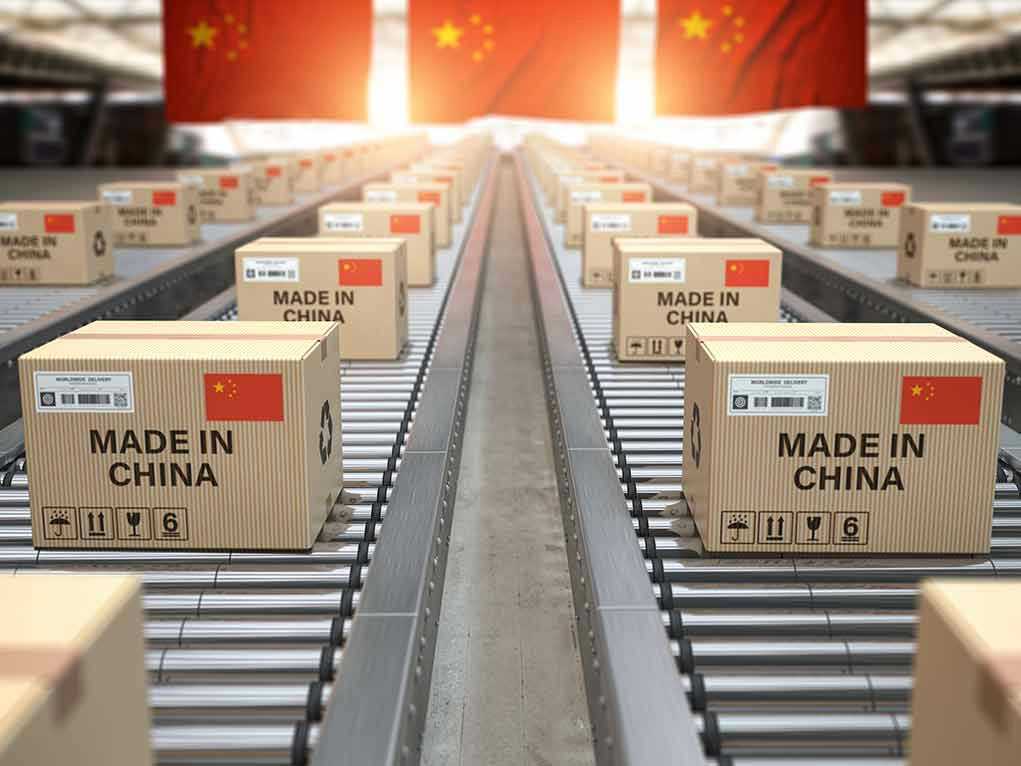
Trump’s administration delivers a crushing blow to China’s exploitative trade practices with intensified scrutiny of electronics and solar imports, declaring “We can’t trust their system” in a bold rejection of Chinese compliance claims.
Story Highlights
- Trump administration launches aggressive crackdown on Chinese electronics and solar imports over forced labor concerns
- Officials explicitly reject Chinese compliance systems with “We can’t trust their system” declaration
- New enforcement targets cybersecurity risks and supply chain integrity in critical technology sectors
- Policy reverses Biden-era permissive approach to Chinese imports linked to human rights abuses
Administration Takes Hardline Stance Against Chinese Exploitation
The Trump administration announced on August 11, 2025, a comprehensive intensification of scrutiny targeting electronics and solar technology imports from China. Officials cited compelling evidence of forced labor practices, cybersecurity vulnerabilities, and compromised supply chain integrity as justification for the crackdown. The administration’s blunt assessment—”We can’t trust their system”—signals a fundamental rejection of Chinese regulatory assurances and corporate compliance claims that previous administrations accepted too readily.
Forced Labor Prevention Takes Center Stage
The enhanced enforcement directly addresses concerns about Xinjiang-linked forced labor infiltrating American supply chains through solar modules, electronics components, and related technologies. Trump officials emphasized that Chinese manufacturing capacity in wafers, cells, modules, and printed circuit boards creates unacceptable risks of importing products tainted by human rights abuses. The administration’s approach presumes distrust of Chinese certifications and audits, requiring more rigorous documentation and traceability than foreign suppliers previously provided.
Economic Security Drives Policy Acceleration
Beyond human rights considerations, the administration identified critical national security vulnerabilities in America’s dependence on Chinese-dominated supply chains for essential technologies. The policy targets semiconductors, solar equipment, telecommunications components, and other critical infrastructure elements where Chinese manufacturing presents cybersecurity risks. Officials stressed that previous administrations treated these threats too permissively, allowing potential security compromises to proliferate throughout American energy and technology systems.
Industry Faces Compliance Challenges and Disruptions
The heightened enforcement creates immediate challenges for American solar developers, utilities, and electronics importers whose operations depend on timely customs clearance of Chinese-manufactured components. Companies face increased shipment detentions, secondary reviews, and elevated working capital requirements to manage customs risks. Industry observers expect procurement uncertainty, contract renegotiations, and potential project delays as businesses navigate stricter compliance requirements and seek alternative suppliers from trusted nations.
Trump admin steps up scrutiny of electronic, solar imports over Chinese slave labor concerns https://t.co/oTPOfinBYc
— American Wire News (@americanwire_) August 12, 2025
The administration’s decisive action represents a long-overdue correction to failed globalist policies that prioritized cheap foreign goods over American security interests. This approach strengthens America’s position against Chinese economic exploitation while protecting both human rights and national security—core conservative principles that demand unwavering defense.
Sources:
Trump Admin Steps Up Scrutiny Of Electronic, Solar Imports Over Chinese Slave Labor Concerns











